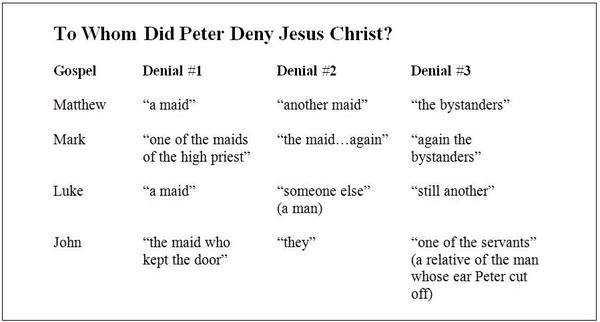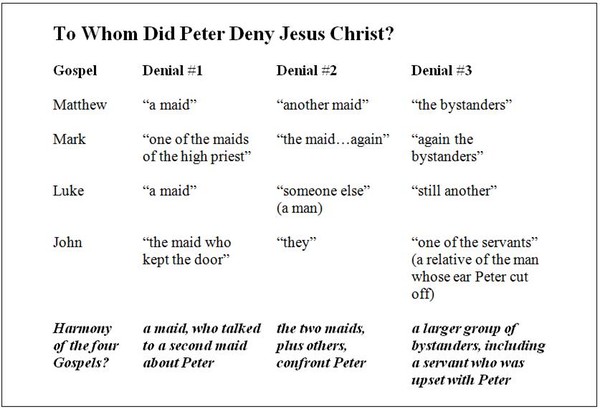When it comes to addressing apparent Bible contradictions, perhaps it would be best to start with a Journalism 301 university course. The basic principles of journalism include a strict adherence to seeking answers to six key questions: Who? What? When? Why? Where? How?
Any trained journalist will compile far more facts than he or she can report in an article. So, he or she uses the principle of selectivity: he or she reports only the facts deemed most relevant to the intended readers.
As a result, a news story about an NBA game will sound far different in the guest’s hometown than in the local newspaper. Same game, same facts—but a much different audience.
The same principle of selectivity applies to Scripture. Nehemiah didn’t write down everything that happened in his life. Far from it. He recorded only what was relevant.
The same is true when John wrote his Gospel. He wasn’t trying to write an Exhaustive Life of Jesus Christ. Instead, he admits, “Jesus did many other things as well. If every one of them were written down, I suppose that even the whole world would not have room for the books that would be written” (John
In other words, John selected only those events, miracles, interviews, teachings, prayers, persecutions, and sufferings that best communicated the Gospel message to his intended audience.
Ditto for Luke, Mark and Matthew.
Not surprisingly, the four Gospels differ widely in their introduction, scope, message, length, and conclusion.
One of the few things all four Gospels record is Peter’s three denials. Yet to whom did Peter make those denials?
To answer that question, I went to my Accordance library, selected Parallels, selected Gospel Parallels (Aland), and scrolled to entry Peter’s Denial (#333), as shown above.
Then I recorded what the four Gospel writers tell us, as shown below.
As this chart shows, the four Gospel writers present differing accounts of Peter’s denials.
Do their differences contradict each other? It sure seems so!
Then again…
Like a good journalist, each Gospel writer had a specific purpose for writing his account. He had a specific audience in mind. By definition, he had to leave out most of what he knew (otherwise, he never would have finished writing). Leaving out secondary and tertiary details isn’t wrong—it’s what every good writer does.
So, the differences in the four Gospels don’t necessarily contradict each other. Rather, they may complement each other.
So, to whom did Peter deny Jesus Christ? I’ve run this by several journalists, each of whom rather quickly harmonized four Gospel accounts, as shown below.
Does this mean every apparent contradiction in the biblical texts can be easily resolved? No, far from it, but it does mean we don’t have to speculate about whether Peter actually denied Jesus Christ three (vs. five or six) times.
That’s good to know as we count down to Passion Week.




